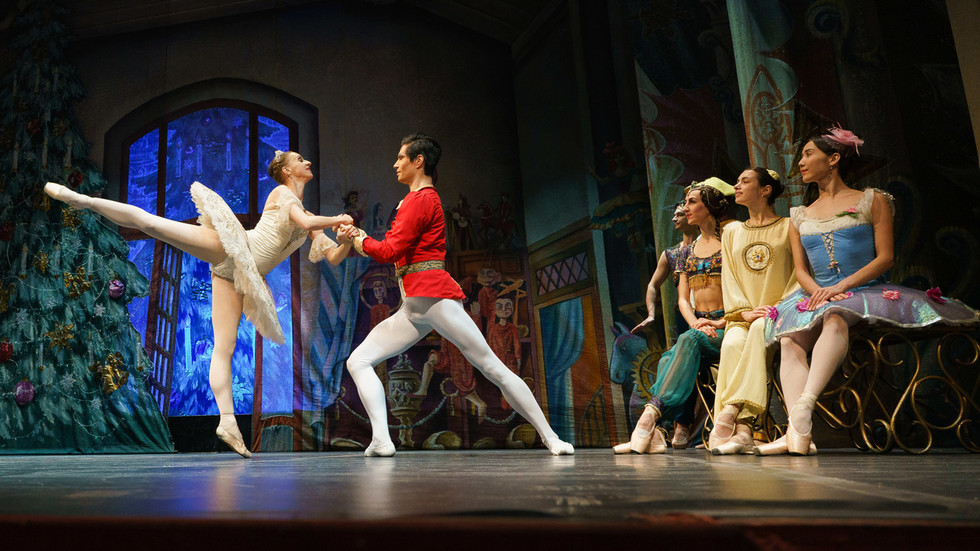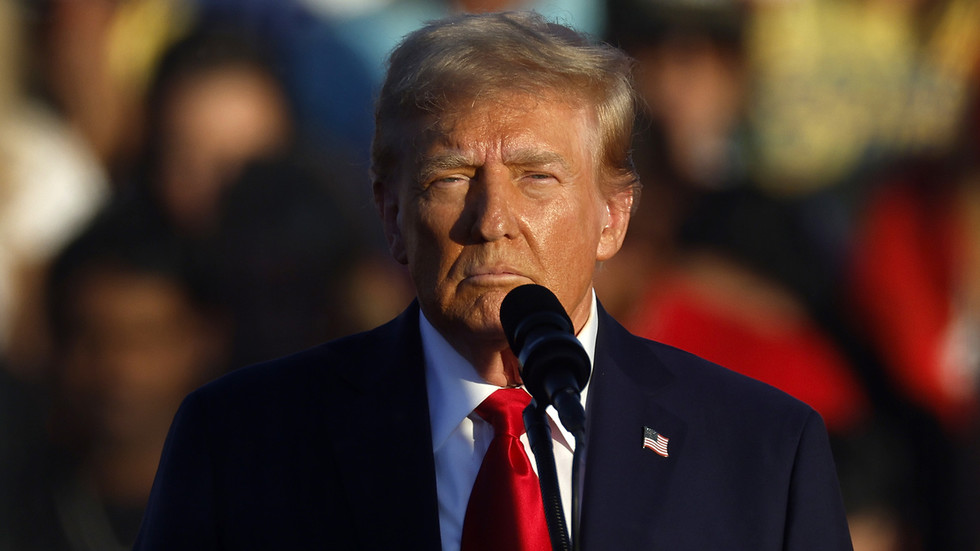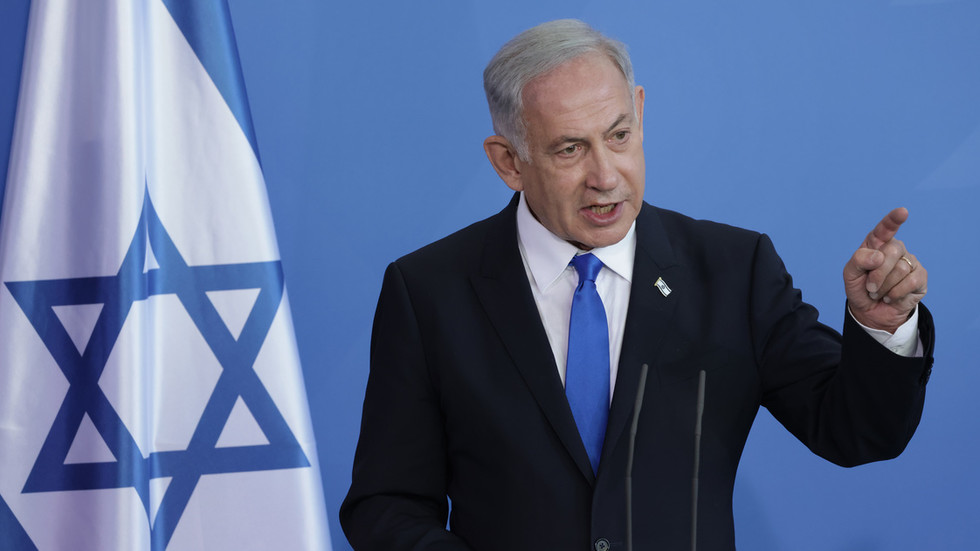Published On 29 May 2024
South Africans are voting at schools, community centres, and in large white tents set up in open fields in an election seen as the country’s most important in 30 years, which could put the young democracy in unknown territory.
At stake on Wednesday is the three-decade dominance of the African National Congress (ANC) party, which led South Africa out of apartheid’s brutal white minority rule in 1994. It is now the target of a new generation of discontent in a country of 62 million people – half of whom are estimated to be living in poverty.
After casting his vote, President Cyril Ramaphosa said he had no doubt his ANC would win with a majority and remain in government.
Africa’s most advanced economy has some of the world’s deepest socioeconomic problems, including the worst unemployment rate at approximately 32 percent. The lingering inequality, with poverty and joblessness disproportionately affecting the Black majority, threatens to unseat the party that promised to end injustice by bringing down apartheid under the slogan of a better life for all.
“Our main issue here in our community is the lack of jobs,” said Samuel Ratshalingwa, who was near the front of the queue at the same school in the Johannesburg township of Soweto where Ramaphosa voted.
“We have to use the vote to make our voices heard about this problem,” said Ratshalingwa, who came out before 7am (05:00GMT) on a chilly winter morning.
After winning six successive national elections, several polls have the ANC’s support at less than 50 percent before this one, an unprecedented drop. It might lose its majority in parliament for the first time, although it is widely expected to hold the most seats.
The ANC won 57.5 percent of the vote in the last national election in 2019, its worst result to date and down from a high of nearly 70 percent of the vote 20 years ago.
Ramaphosa has promised to “do better”. The ANC has asked for more time and patience.
South Africans vote for parties, not directly for their president. The parties then get seats in parliament according to their share of the vote and those lawmakers elect the president after the election. The ANC has always had a majority in parliament since 1994.
The election was to be held on one day across South Africa’s nine provinces, with nearly 28 million people registered to vote at more than 23,000 polling stations. Final results are expected by Sunday.
While 80 percent of South Africans are Black, it’s a multiracial country with significant populations of white people, those of Indian descent, those with biracial heritage known locally as the “Coloured” community, and others.

 6 months ago
25
6 months ago
25









